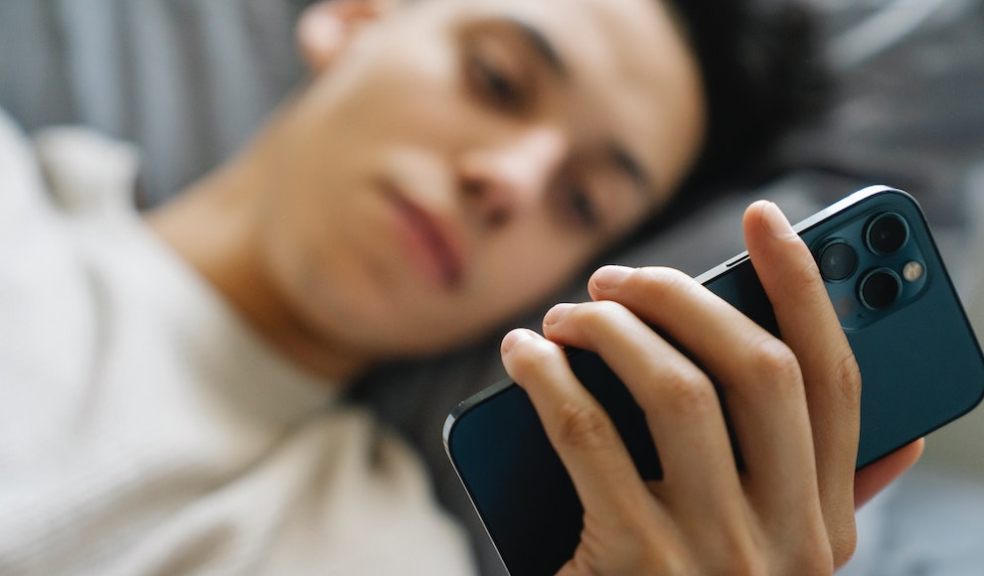
Why you should avoid the horrors that lead to bad sleep
People are taught from an early age about the health and wellbeing benefits of getting great quality sleep every night.
Numerous studies have linked a lack of sleep to health conditions such as heart disease, stroke, high blood pressure, depression, dementia and many more.
Recent research has added another layer into the equation by assessing the impact our pre-bedtime routine has on the quality of sleep.
The results showed that relaxing activities such as meditating, reading a book and listening to music were found to be the best ways to ensure minimal disruption at night.
Playing online casino and scrolling through social media are other activities people undertake before bedtime, although care must be taken to minimise screen time immediately before sleep.
Sleep experts advise leaving digital devices outside the bedroom to ensure the blue light they emit does not disturb you during the night.
Watching a horror movie before bed was unsurprisingly found to be the worst pre-bedtime activity as this caused significant disruption to the quality of participants’ sleep.
The damage a lack of sleep can cause is something respected neuroscientist Matthew Walker has spent the bulk of his career investigating.
His 2017 international best-seller Why We Sleep is widely viewed as a seminal work in the field of academic sleep research.
During his studies into the subject, Walker uncovered some startling findings regarding the impact a lack of sleep can have on people.
“After four hours of sleep for six nights, participants' performance was just as bad as those who had not slept for twenty-four hours straight - that is, a 400 percent increase in the number of microsleeps,” Walker said.
“By day 11 on this diet of four hours of sleep a night, participants' performance had degraded even further, matching that of someone who had pulled two back-to-back all-nighters, going without sleep for forty-eight hours.”
The latest sleep statistics in the United Kingdom highlight why people should give due consideration to the importance of sleep.
More than one-third of adults in the UK struggle to fall asleep at least once a week, while 35% of individuals claim a lack of proper sleep makes them feel anxious.
With around 40% of the people between the ages of 18 and 24 saying they struggle to fall asleep quickly, sleep deficit looks set to be a serious issue in the UK for some time to come.
Given that people have it within their power to establish a routine for sleep, Walker insists the current position can be changed.
He says that failing to get the optimum amount and quality of sleep is a conscious decision people make that can have severe consequences.
“Not sleeping enough, which for a portion of the population is a voluntary choice, significantly modifies your gene transcriptome - that is, the very essence of you, or at least you as defined biologically by your DNA,” Walker added.
“Neglect sleep, and you are deciding to perform a genetic engineering manipulation on yourself each night, tampering with the nucleic alphabet that spells out your daily health story.”



















